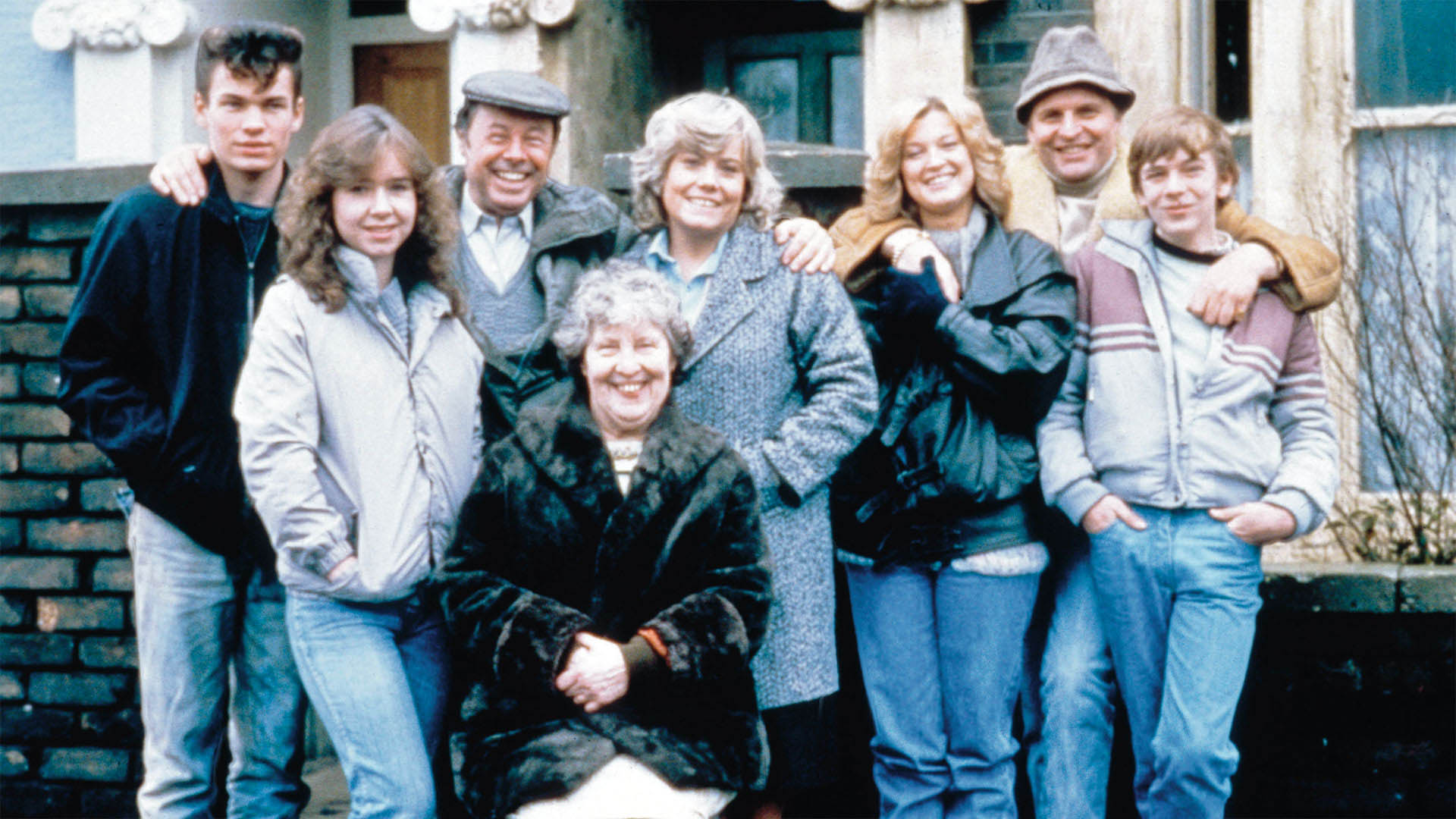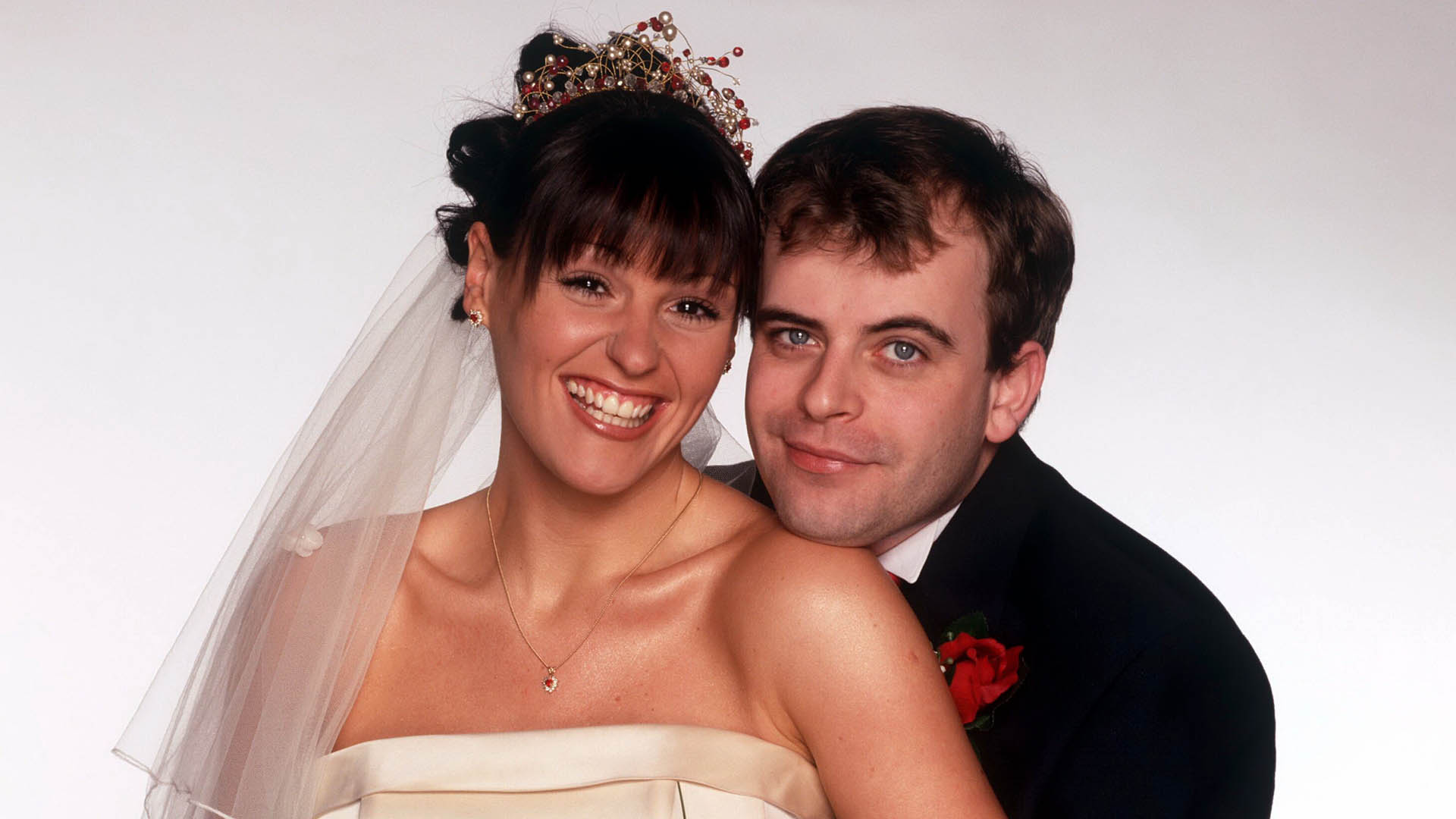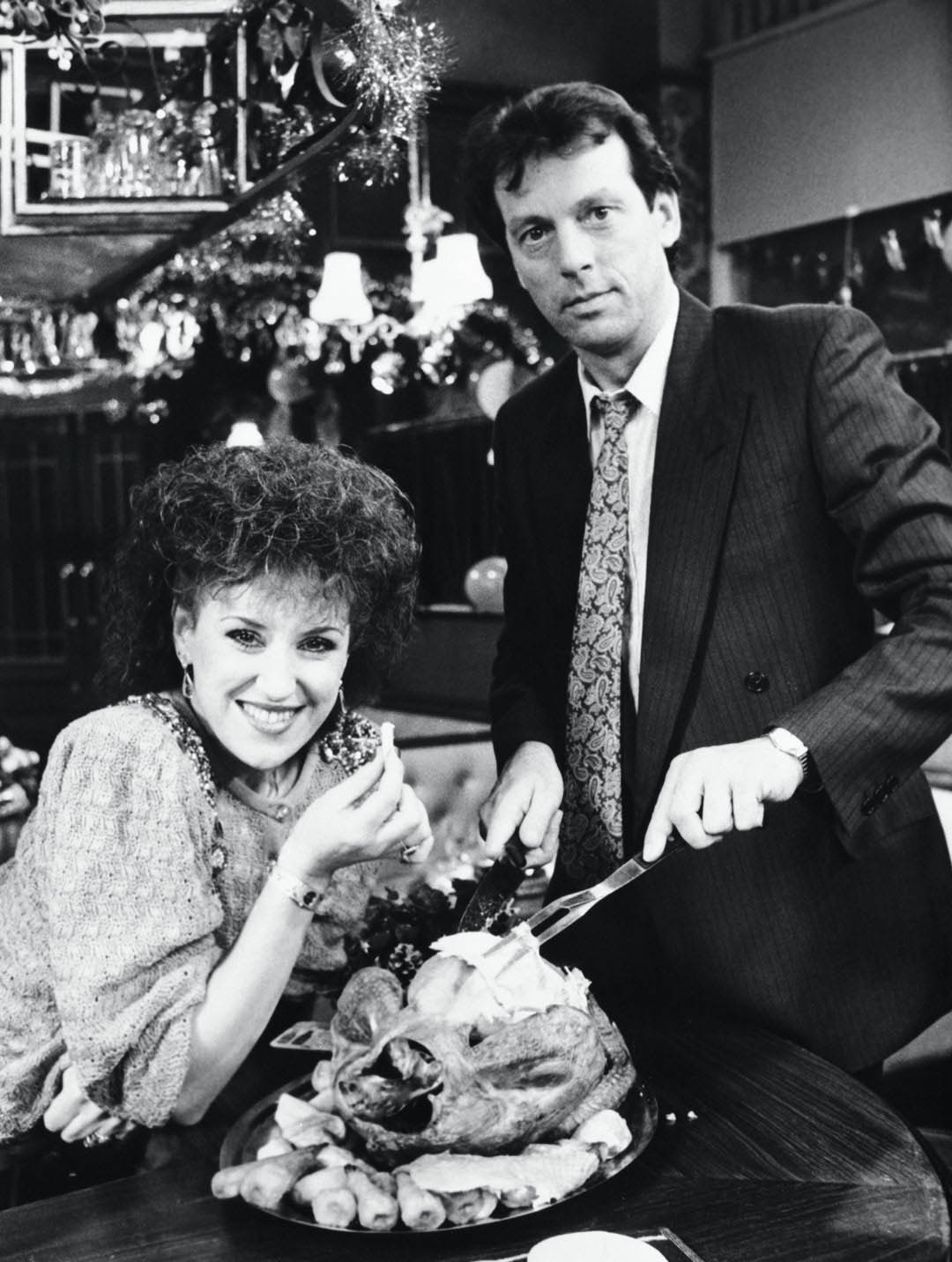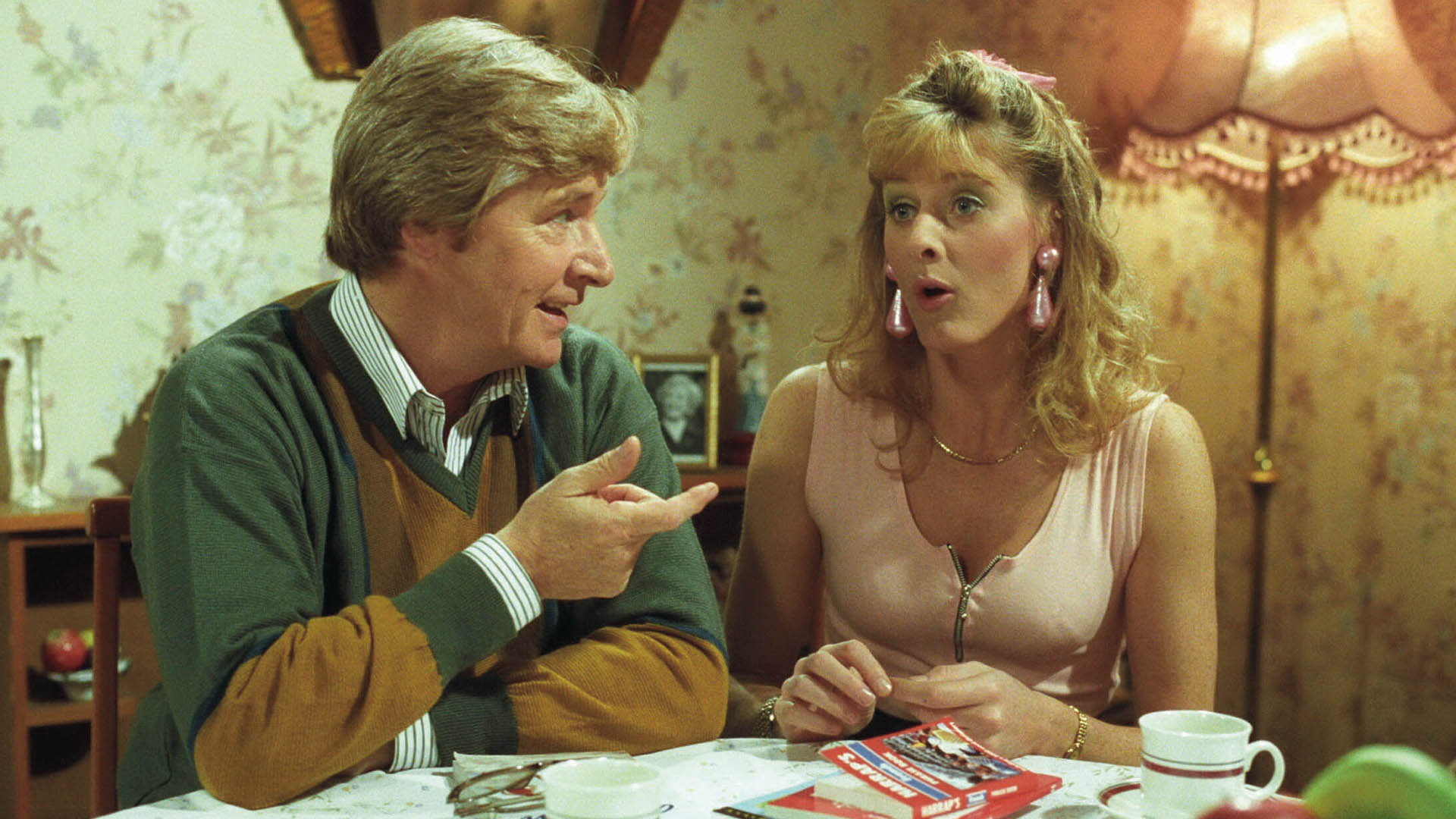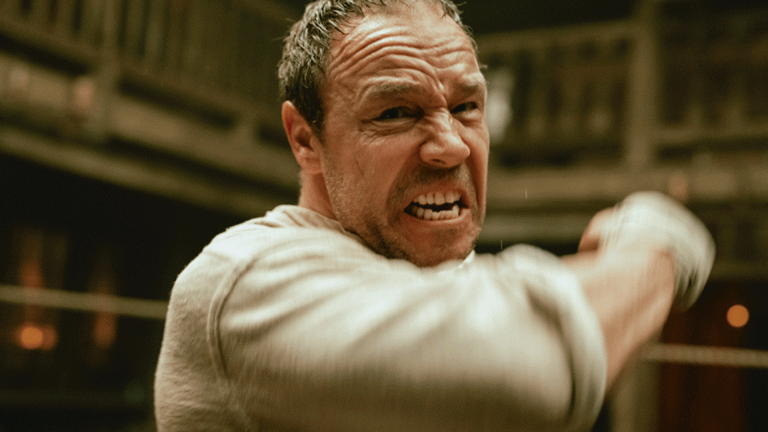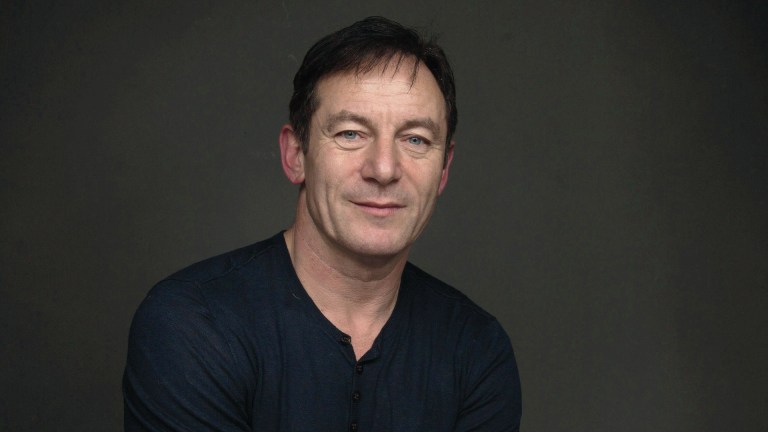When he created Coronation Street, Tony Warren was determined to bring the authentic voices and lives of working-class people into the nation’s living rooms. The language, stories, humour and characters he’d first heard sitting beneath his grandmother’s kitchen table became the bedrock of the show’s style.
More than 60 years later, British soaps remain at the vanguard of working-class representation on screen, telling stories of everyday life in all its extraordinary, ordinary glory. And they are still written, run and acted by people from working-class backgrounds. Earlier this month, one long-term soap fan, Russell T Davies, took to Instagram to praise that evening’s EastEnders.
Get the latest news and insight into how the Big Issue magazine is made by signing up for the Inside Big Issue newsletter
“As fine a piece of writing and acting as you’ll ever see,” began the Doctor Who showrunner. “Phil (Steve McFadden) ends up stuck with a complete stranger, Livi (Lisa Allen). He’s all silent and withdrawn, but left alone, she looks at him and, out of the blue, she says, ‘You don’t fool me. You’re not a miserable sod. You’re a sad sod. I can see it in your eyes. So was I when my dad died, for a long time. I know I said I went to that garage to help my brother out. Truth be told, it helped me. The grease. The mess. Paperwork. Decades-old invoices stuffed in drawers. The rev of the engine. Reminded me of my dad. And keeping that place alive, it helped keep me alive. I found joy in it.’ God, what a speech! Magnificent. That’s better than Beckett!”
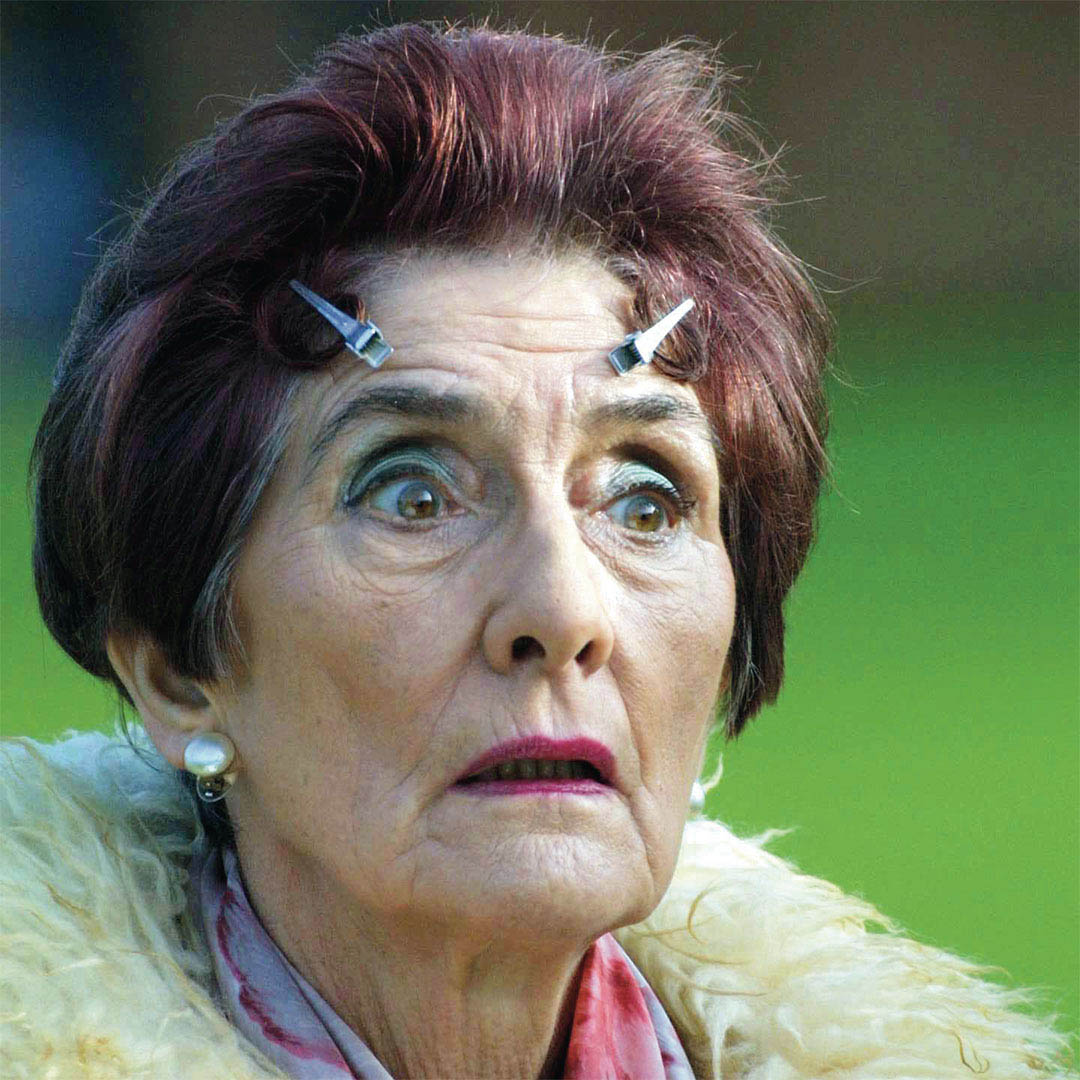
Jonny O’Neill, who wrote that episode of EastEnders, is a born and bred East-Ender. He grew up there, attended the University of East London, had early works staged at the Hackney Empire and the Half Moon Theatre in Limehouse. He’s now written 99 episodes of EastEnders.
Soaps nurture talent in front of and behind the camera. Filmed at great speed and intensity, by up to four units working across multiple storylines, these productions create a huge amount of high-quality drama. And they require a vast army of creatives – making them a perfect training ground. This talent pathway has been around a long time. And it is not hard to see the positive impact. Before he created State of Play and Shameless, Paul Abbott spent years as a script editor, story editor and writer on Coronation Street.
